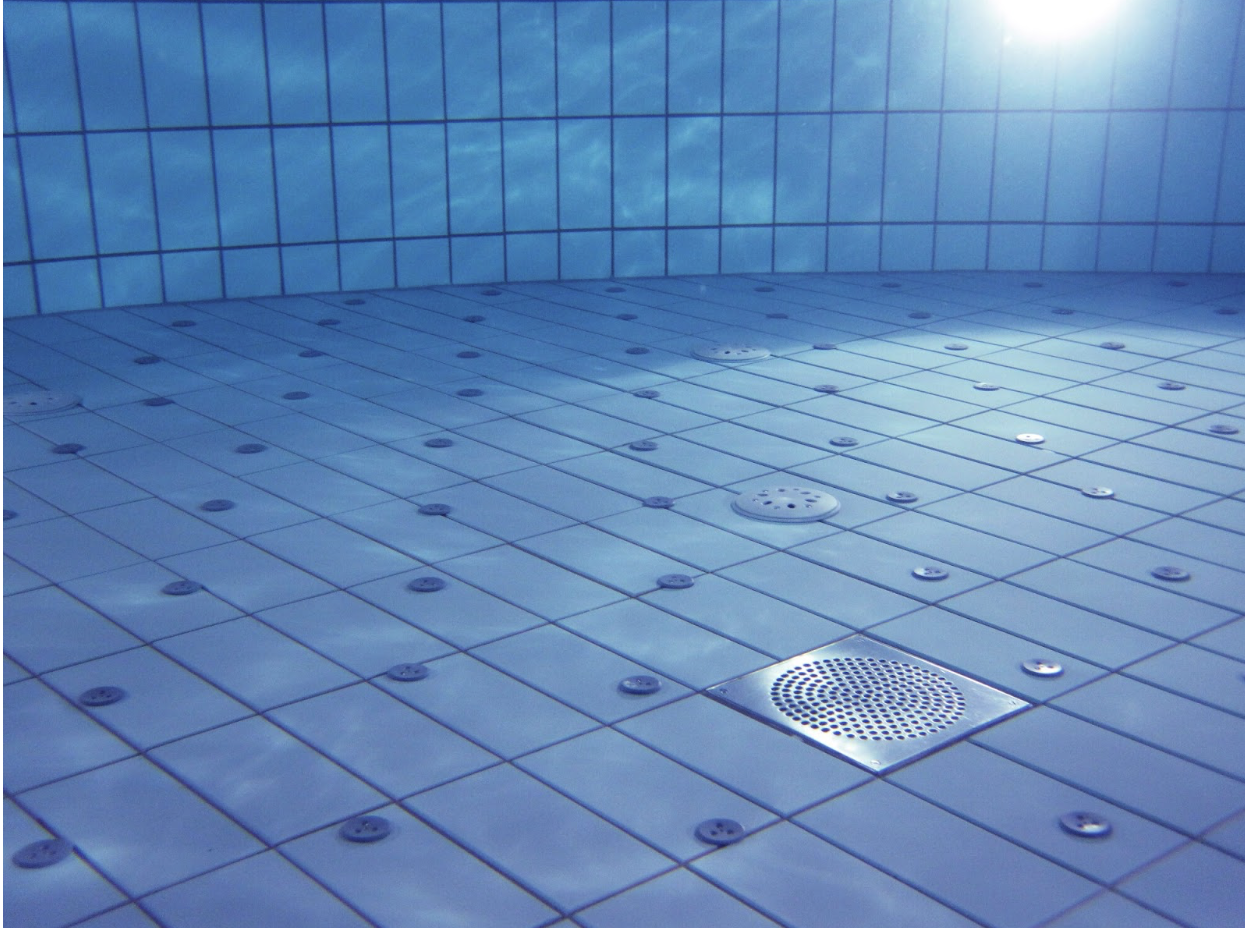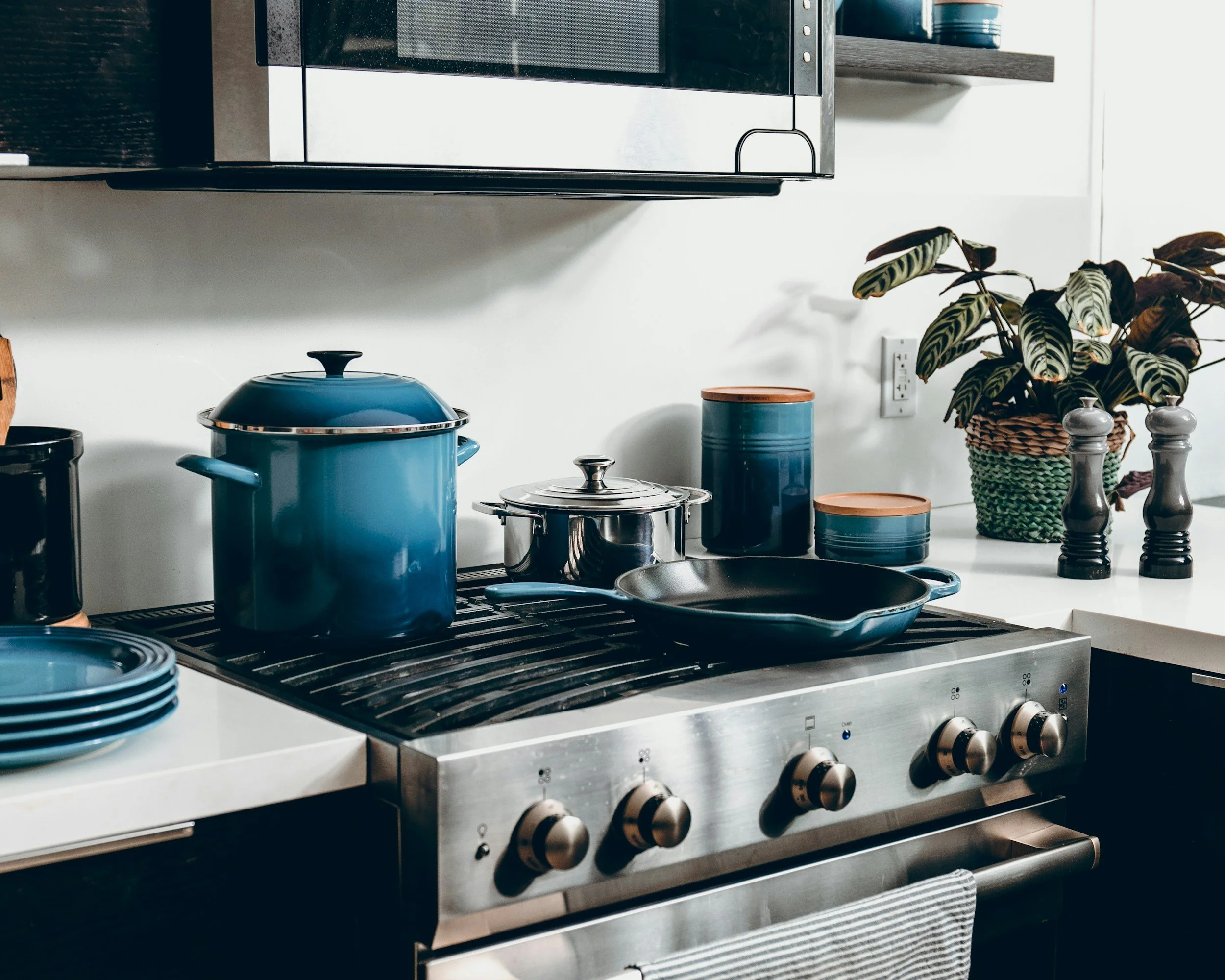7 Important Pool Cleaning Tips for Homeowners
A swimming pool is a luxurious addition to any home, offering endless fun and relaxation. However, luxury comes with the responsibility of keeping your pool clean and well-maintained. Regular upkeep not only keeps your pool sparkling but also prolongs its lifespan and ensures safety. If you've recently installed a pool or want to improve your cleaning routine, we've got you covered! This guide covers 7 essential pool cleaning tips every homeowner should know.
Professional Help: When to Hire a Pool Cleaning Service
While many homeowners may take pride in maintaining their pool themselves, there are certain situations where it may be best to hire a professional pool cleaning service. For instance, if you notice that your pool water is consistently cloudy or green despite regular maintenance, it could indicate a larger underlying issue that requires expertise to fix. If you're short on time or simply prefer to have the experts handle the job, there are plenty of reputable pool services near you that can provide regular cleanings and maintenance for your convenience. Seek professional help when needed – it will ultimately save you time and money in the long run.
Essential Tools and Products for Effective Pool Cleaning
To effectively clean your swimming pool, you'll need the right tools and products. First, invest in a quality pool vacuum to remove debris from the pool floor. Also, use a skimmer net to clear leaves and other floating objects from the surface. A telescopic pole is essential for reaching all areas, including the deep end. Have a reliable water test kit to monitor chemical levels and adjust as needed. Stock up on necessary chemicals like chlorine and shock treatment to keep the water sanitized. Finally, use a pool brush to scrub the walls and steps, preventing algae growth.
Understanding Water Chemistry for a Healthy Pool
Understanding the basics of water balance, including pH levels, total alkalinity, and calcium hardness, is key to achieving crystal-clear water. The ideal pH level for pool water should be between 7.2 and 7.6, while the recommended range for alkalinity is 80-120 ppm (parts per million). Calcium hardness levels should fall between 200-400 ppm to prevent corrosion or scaling on your pool's surfaces. Test your pool water regularly and make necessary adjustments to keep it within these ranges.
Step-by-Step Guide to Skimming and Vacuuming Your Pool
Skimming and vacuuming are two essential tasks in pool maintenance that should be done regularly to keep your pool clean. Skim the surface of your pool using a net or skimmer basket to remove any debris, leaves, or insects. Then, attach the vacuum head to your telescopic pole and connect it to the suction port on your pool's filter system. Move the vacuum slowly along the bottom of your pool, making sure to cover all areas and pay extra attention to corners and crevices. Empty out the skimmer basket and backwash your filter as needed while vacuuming.
Common Mistakes to Avoid When Cleaning Your Pool
While cleaning your pool may seem like a straightforward task, there are some common mistakes that homeowners make that can actually do more harm than good. Firstly, avoid using household cleaners or bleach in your pool as they can alter the chemical balance and potentially damage your pool's surfaces. Also, refrain from backwashing too frequently – only do so when the pressure gauge on your filter indicates it is necessary. Lastly, never add chemicals directly into your pool; always dilute them first in a bucket of water before adding them to your pool.
Dealing with Algae, Bacteria, and Other Contaminants in Your Pool
Despite your best efforts, it is not uncommon for pools to encounter unwanted contaminants such as algae and bacteria. To prevent these issues, make sure to maintain proper chemical levels and regularly brush and vacuum your pool. In the case of an algae infestation, shock treatment may be needed to kill off the spores. Consider using a pool cover when your pool is not in use to prevent dirt and debris from entering the water.
Maintaining Your Pool's Equipment: Filters, Pumps, and More
Keep an eye on your pool's equipment. Filters and pumps should be inspected regularly for any clogs or damage and cleaned as needed. Any cracks or leaks should be addressed immediately to prevent further damage. Winterize your pool correctly before the colder months arrive. Taking care of your pool's equipment will prolong its lifespan and ensure that your pool stays clean and safe for use.
Owning a swimming pool comes with responsibilities, but with the right knowledge and tools, maintaining a clean and healthy pool can be manageable. Regularly skimming, vacuuming, testing water chemistry, and seeking professional help when needed are all essential in keeping your pool in top condition. Avoiding common mistakes and properly maintaining your pool's equipment will ensure that you can enjoy your pool for years to come. Happy swimming!







